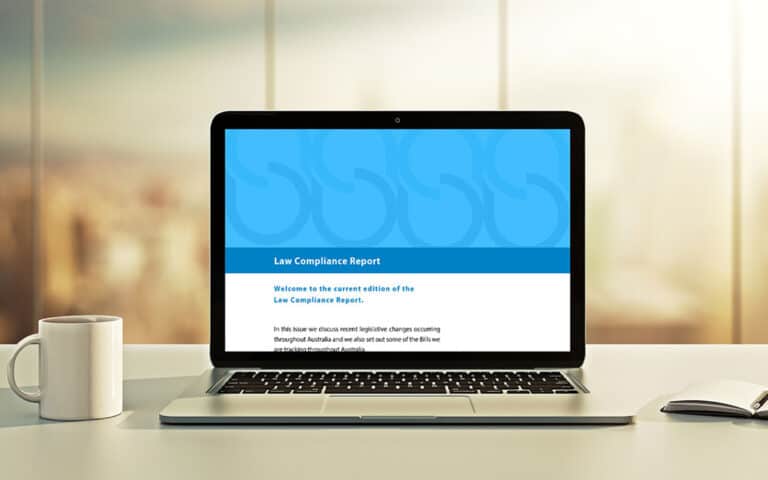This article applies to all employers.
Industrial Relations Legislation Amendment Act 2021 (WA)
The relevant provisions of the Industrial Relations Legislation Amendment Act 2021 (WA) (the Amending Act) commenced on 20 June 2022. The Amending Act amends both the Industrial Relations Act 1979 (WA) (the IR Act) and the Long Service Leave Act 1958 (WA) (the LSL Act).
Amendments to the IR Act
Domestic Workers
The definition of ‘employee’ in section 7 of the IR Act has been amended to no longer exclude domestic workers. This means that domestic workers (i.e. household cleaners, household cooks and caretakers, etc) are now afforded the same protections as other categories of workers. Please click here for more information.
Record Keeping and Pay Slips
Employers will now be required to include additional details in their employment records such as the employer’s Australian Business Number (if any), gross and net payments to the employee made under an industrial instrument and any amount withheld as tax, as well as any incentive-based payments such as bonuses and loading.
Importantly, under new section 49DA, all employers will need to issue pay slips (in hard copy or electronic form) to employees within 1 working day of paying the employee. Employers will now be subject to a civil penalty if they fail to provide pay slips to employees or give false or misleading pay slips.
Please click here and here for more information.
Stop Bullying or Sexual Harassment
New Part II Division 3AA of the IR Act gives the Western Australian Industrial Relations Commission (WAIRC) powers to make stop bullying or sexual harassment orders. Employees should be made aware that they can now make a stop bullying or sexual harassment application to the WAIRC.
Importantly, if a stop bullying and sexual harassment order is made, contravention of this will also result in a civil penalty under section 83E of the IR Act.
Please click here for more information.
Amendments to the LSL Act
Employment Records
Employers will now need to keep additional long service leave details in employment records for an employee, including:
- the employer’s name and Australian Business Number (if any);
- the date of any transfer of business during the employment of the employee;
- the weekly hours worked by the employee; and
- details of any leave foregone under an agreement to cash out long service leave, including the amount of leave cashed out, the benefit that was paid, and the date this occurred.
Importantly, employers will now face a civil penalty, under section 83E of the IR Act, if they fail to keep employment records or if employers keep employment records that they know or could reasonably be expected to know, are false or misleading.
New Transfer of Business
Under new section 7I, an old and new employer may have a connection that entitles the employee to have their long service leave with their old employer recognised by their new employer. For example, employees who are re-hired by the new employer within 3 months of ending employment with the old employer, will have long service leave with the old employer recognised.
Importantly, employers will now face a civil penalty under section 83E of the IR Act for failing to transfer copies of employment records to the new employer where there has been a transfer of business.
Please click here for more information.
Strengthening Enforcement Mechanisms
Employers should be aware of the increase in penalties under section 83E of the IR Act. Previously for contravention of a civil penalty provision, employers faced a fine of $5,000, (this has increased to $65,000 in the case of a body corporate and a fine of $13,000 in the case of an individual). Additionally, for a serious contravention, employers can be fined of up to $650,000 for corporations and $130,000 for individuals.
A contravention is a serious contravention if the contravening conduct was knowingly committed and part of a systematic pattern of conduct relating to one or more other persons. The term ‘knowingly commits’ is intended to refer to a conscious and deliberate choice.
A contravention of the LSL Act now attracts the same maximum penalties as contraventions of the IR Act to bring LSL contraventions in line with other minimum employment entitlements.
Please click here for more information.
Conclusion
Subscribers should ensure policies and procedures are updated in accordance with the new obligations as set out above.




